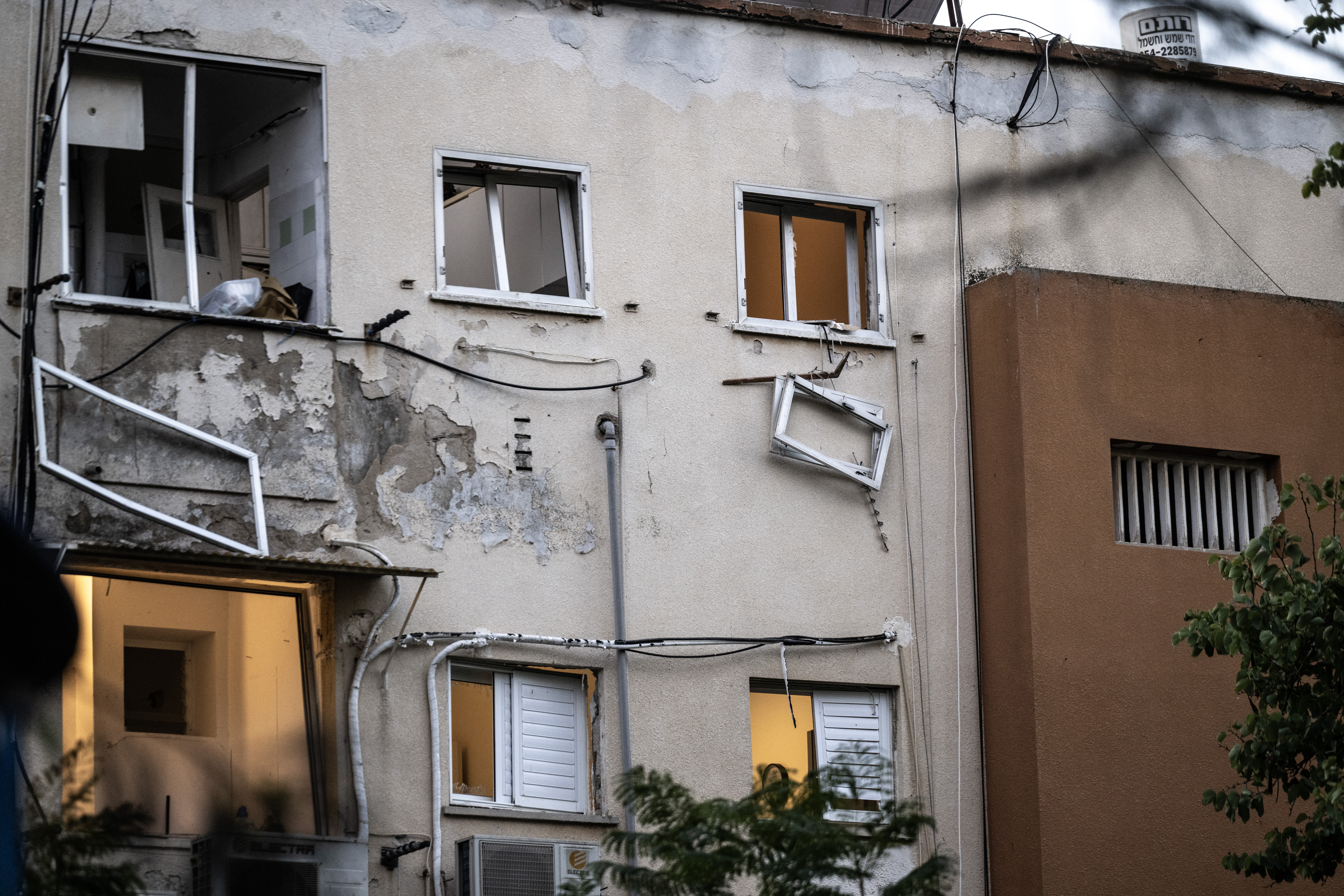A letter has emerged from an Australian school to parents telling them that any pupil who attends prayer meetings must be registered.
Marsden School near Sydney, which caters for 7-12 year olds and is thought to have a significant number of Muslim pupils, sent the letter on August 5.
Even though Muslim pupils are not specifically mentioned in the letter, it’s thought that it was sent in response to the Australian authorities’ concerns over “Islamic extremism and radicalisation” in the country.
The letter reads: “It is now a Federal Government requirement that a register of attendance be kept of all students who attend prayer meetings/groups at schools. When students attend a prayer meeting/group their name will be recorded by a teacher and this register will be kept by the school. We are also required to seek permission for your child to participate in prayer meetings/groups.”
On its website Marsden School says it aims to ensure that “all students grow and develop into adaptable, creative and resourceful young people, able to lead happy, purposeful and productive lives in a vibrant, culturally diverse society.” It goes onto say that over 50% of its students come from non-English speaking backgrounds.
 Race relations have reached a low ebb in Australia following the release of the government’s anti-terrorism laws, which many Muslims say have dredged up Islamophobia by equating terrorism with Islam.
Race relations have reached a low ebb in Australia following the release of the government’s anti-terrorism laws, which many Muslims say have dredged up Islamophobia by equating terrorism with Islam.
Concern has been growing in Australia in recent months over the effect on domestic security of Australian nationals fighting with or sympathising with groups in Iraq and Syria.
Subscribe to our newsletter and stay updated on the latest news and updates from around the Muslim world!
Critics of the government’s approach to deradicalisation have accused the Coalition of drumming up fear of terrorism in order to boost its electoral popularity on a national security platform.
Recently Justice minister Michael Keenan spoke about the “significant ongoing threat of terrorism,” but he also moved to reassure Australia’s Muslim population that counter-terrorism measures were not aimed solely at them.
“Critics have attacked the police for targeting the Islamic community,” Keenan said. “But as I have said many times, we are not the enemies of Islam nor the enemies of any other religion. This is not about targeting Muslims.
“We should all be smart enough not to confuse the act of a violent extremist minority with the beliefs of hundreds of thousands of law-abiding Australian Muslims. However, our law enforcement agencies have a job to do. They must protect the community and they will apply our laws equally and without discrimination in order to do so.”
Keenan insisted that the government was spending money on social cohesion and community-based anti-extremism programs, including $12m on the living safely together program which targets individuals at risk of radicalisation.
“It is no exaggeration to state that Australians are facing the most significant ongoing threat from terrorism in our nation’s history,” he said. “This government is not and has never been ignorant of the threat.
“The threat of terrorism has not been underestimated by your government. Our determined responses are far reaching. The threat of terrorism is dynamic but so is the resolve of this government to keep Australians safe.”




















